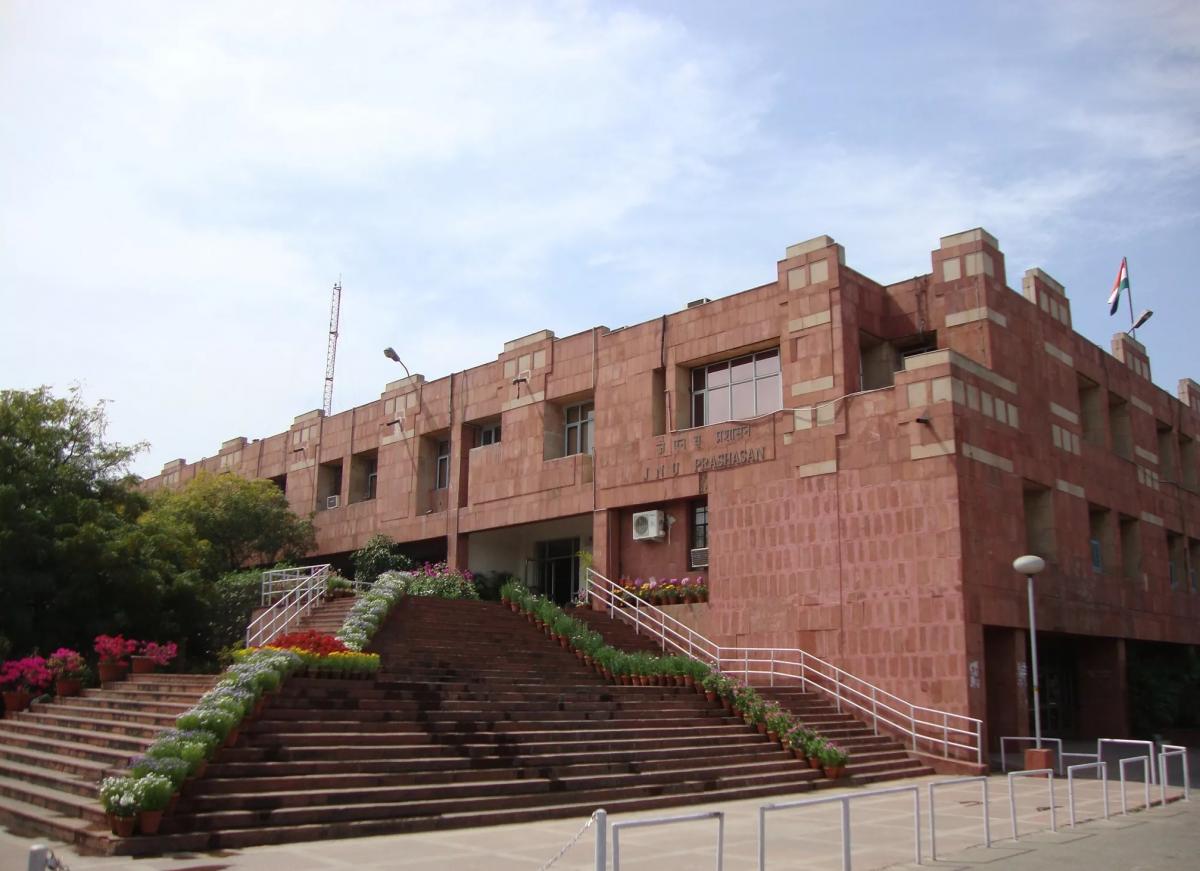In a victory for the students struggle for representative democracy at India’s premier central university, the Delhi High Court rejected the contentions of the JNU administration (to refuse student union representation) and reinstated representatives of the JNUSU to various committees from which the Union was debarred by a recent Executive Council resolution. Keeping the Executive Council resolution debarring JNUSU from participating in various decision making committees in abeyance, the court stated that the EC didn’t have any jurisdiction in dealing with the discrepancies related to JNUSU election. The court also referred the matter to Grievance Redressal Cell (GRC) mandated by the Lyngdoh Committee recommendations.

It has been the consistent contention of the students union (JNUSU) that the Dean of Students, Executive Council and MamidalaJagadesh Kumar do not have the authority to curtail JNUSU’s participation in the democratic decision making bodies. In a vindication of JNUSU’s position the HC has admonished the JNU VC who went on to re-iterate his stance which student’s believe, is an insult to the democratic structures built up at JNU. Senior counsel AkhilSibal, and counsel,AbhikChimni and GovindManoharanappeared for the students. In a statement released today, the JNUSU has congratulated the student community “for relentlessly keeping the fight on. JNUSU demands JNU administration to respect and follow the court orders and ensure proper functioning of university with complete participation of JNUSU in decision making process.” On the second day of JNUSU’s indefinite hunger strike the students have resolved to continue the fight to save JNU and save education!
Why the Hunger Strike?
The JNUSU has in another statement issued today explained why students have resorted to a hunger strike from March 19. The statement says that the strike is against the “ latest decision of the JNU VC M Jagadesh Kumar to take a step forward in destroying the university after the release of the prospectus on March 15, 2019.” Further the JNUSU says that, it “ is most unfortunate that as JNU completes 50 years of its existence, the JNU VC has continued with his plans of destroying the very basis of the university which has made it stand out as a model of higher education in this country. The hard work and struggles of the students and teachers of this university has made JNU a world-class centre for excellence which is committed to a socially accessible and affordable vision of learning. The latest prospectus released by the JNU administration is a quantum leap backwards.”
Further the JNUSU says that it is three years of relentless attacks on this university and higher education has forced the JNUSU to take this drastic step. Eleven students including JNUSU Vice-President Sarika, Aishe (Convenor SIS), Kriti (Convenor, SSS), Geeta (Former JNUSU President), Shubhanshu (Former JNUSU Joint Secretary) along with Akhilesh, Mayur, Mrityunjay, Surya, Shaurya and Vatya are sitting on an indefinite hunger strike.
The issues are being raised by the Union are:
1. The decision to impose CBT Online Examination to all courses, including MPhil and PhD, disregarding the opinions of the teachers and students who pointed to the problems of accessibility and pedagogical limits in having such an admission process.
2. The decision to delink the integrated MPhil-PhD program without any deliberation or discussion in the Academic Council meeting, involving the majority views of teachers and student.
3. The decision to do away with BA 2nd Year admission, illegally overruling the decision of the Board of Studies, School of Languages, Literature and Cultural Studies.
4. Repeated violation of reservations over the last two years, following the adoption of the UGC Gazette, 2016 and implementation of EWS quota, which has been opposed by the JNUSU for its doubtful constitutionality and legality.
5. The exorbitant fees being charged to the incoming students in the MBA program, amounting to 12,00,000 rupees and Engineering courses who are being charged 70,000 rupees per semester; without even having a building or sufficient number of faculty for either of these schools.
6. Demand for the implementation of Deprivation points, which has been the most progressive element of the JNU admission policy making possible the right of access of students of marginalised communities to enter the university, has not been implemented in MPhil-PhD and the newly introduced courses.
7. The manner in which the elected JNUSU was deliberately kept out of successive Academic Council meetings, where such anti-student decisions were imposed which was contrary to laid down procedures and norms.
JNUSU has already filed a writ petition against this and while the judgement is awaited, the Delhi HC has admonished the JNU administration for not letting the JNUSU function and participate in various meetings.